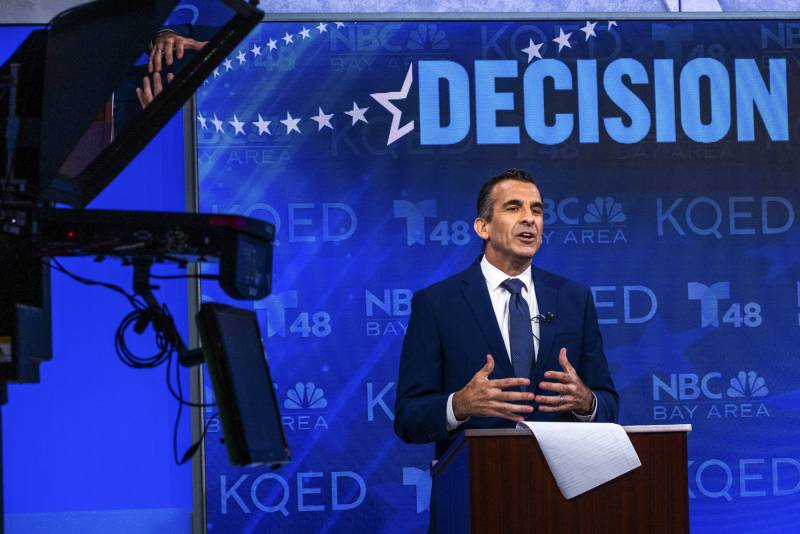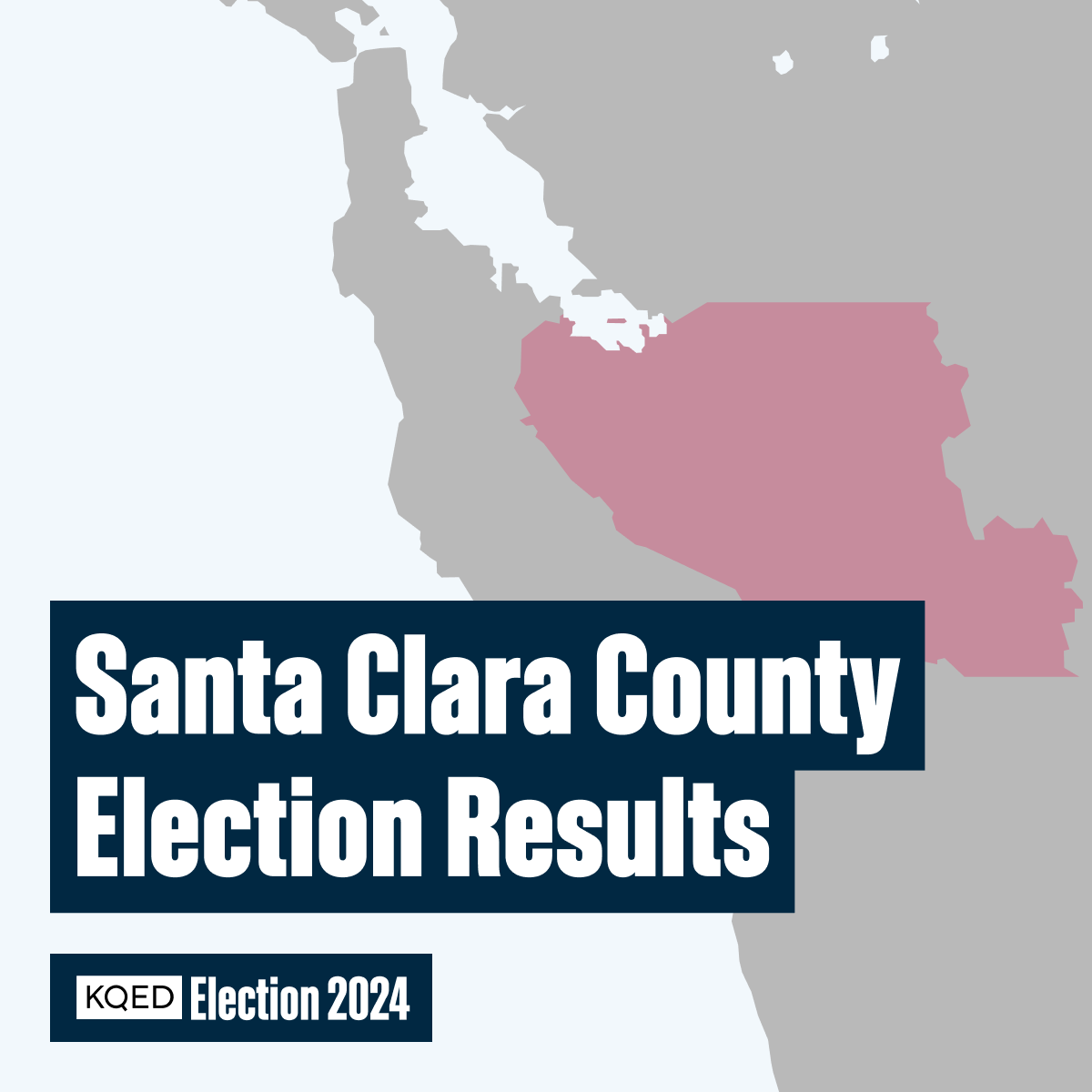Follow KQED’s live blog for the latest election updates
Updated 5 p.m. Wednesday
Former San José Mayor Sam Liccardo defeated state Assemblymember Evan Low, a fellow Democrat, in a contentious race for Congress to represent a large swath of the South Bay.
Liccardo, who had captured more than 59% of the vote as of Wednesday, will claim the 16th District seat currently held by outgoing Rep. Anna Eshoo, who has served in the House since 1993.
The Associated Press called the race late Wednesday afternoon.
At his election watch party Tuesday evening in San José’s Santana Row, the mood grew jubilant as early returns showed Liccardo with a commanding lead over Low.
Liccardo vowed, if elected, to reach across the political aisle.

